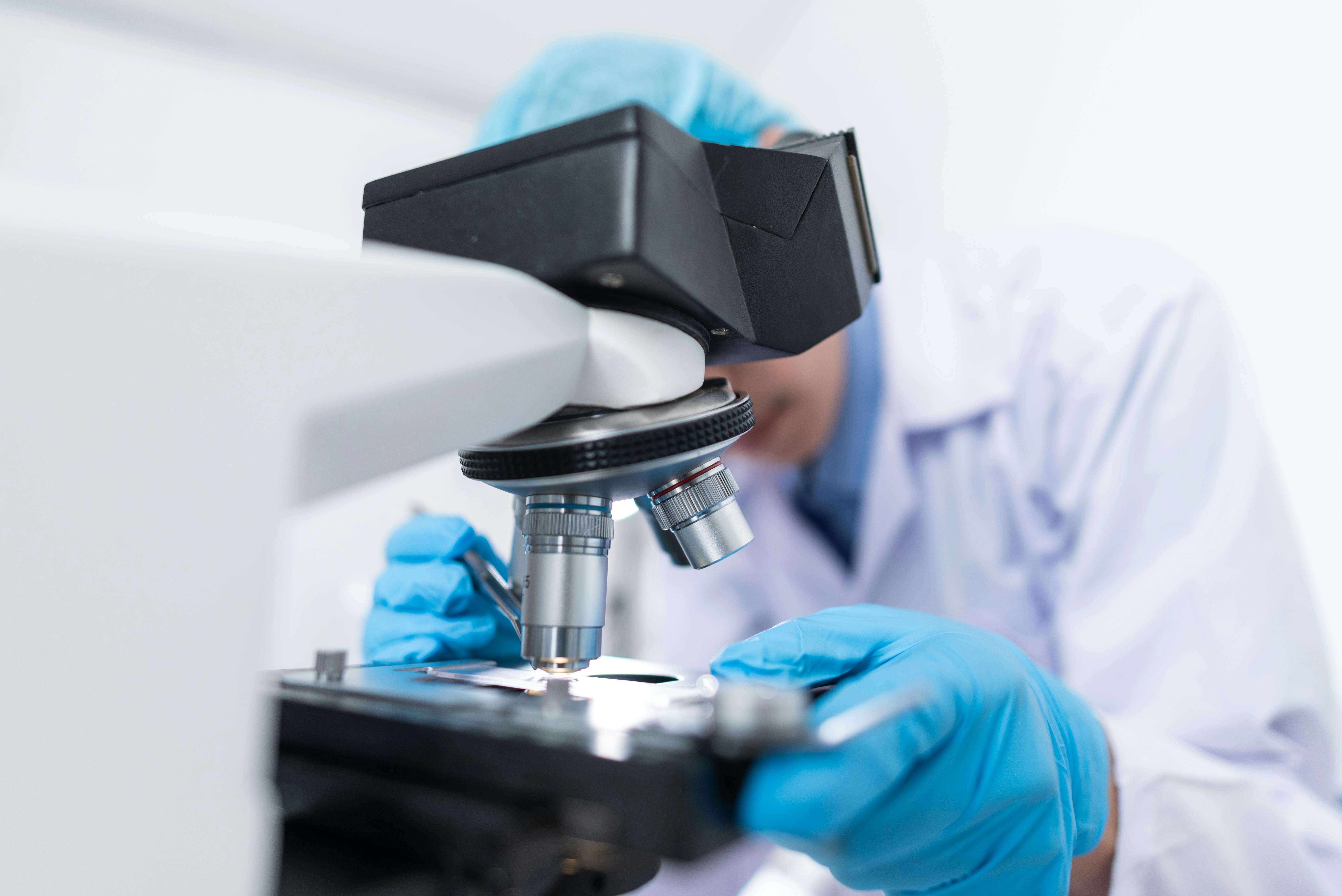News
Scientists Want to Use Stool Analysis for Detecting Autism

stool analysis or fecalysis | (Photo : Photo by Chokniti Khongchum / Pexels)
Scientists have uncovered a potential breakthrough in the diagnosis of autism through the analysis of gut microbes, marking a significant step towards a simpler and faster diagnostic process. The discovery indicates distinct microbial differences in the gut flora of individuals with autism compared to those without.
Traditionally, diagnosing autism can be a lengthy process, often taking several years, with most cases confirmed around the age of six. However, researchers from the Chinese University of Hong Kong, led by Prof. Qi Su, have identified a panel of microbiome biomarkers showing high efficacy, particularly in children under four years old. This development suggests the possibility of earlier detection and intervention for autism spectrum disorder.
Published in Nature Microbiology, the study, which analyzed stool samples from 1,627 children aged one to 13, found significant variations in gut microbiota composition between autistic and neurotypical children. Using advanced machine learning techniques, researchers achieved up to 82% accuracy in distinguishing autistic children based on specific microbial profiles and metabolic pathways.
"While genetic factors play a substantial role in autism, the microbiome could act as a contributing factor by modulating immune responses, neurotransmitter production, and metabolic pathways," Su explained as per The Guardian. "This does not necessarily imply causation, but suggests that the microbiome might influence the severity or expression of autism spectrum symptoms."
This finding opens avenues for personalized interventions such as dietary adjustments and probiotic treatments aimed at promoting a more diverse gut microbiome in individuals with autism.
The implications of this research extend beyond diagnosis, potentially paving the way for non-invasive and more effective therapeutic strategies. Dr. Dominic Farsi of King's College London underscored the study's potential impact on diagnostic practices, though he cautioned the need for further research to validate these findings across diverse populations.
Dr. Elizabeth Lund, an independent consultant in nutrition and gastrointestinal health, expressed enthusiasm about the prospect of using stool analysis for diagnosis, noting its potential to alleviate current diagnostic backlogs and streamline assessment processes.
"The idea that analysis of stool samples may aid in diagnosis is very exciting, as currently there is a massive backlog in children and adults waiting to be assessed. The current process is very lengthy and there is a shortage of clinicians such as psychologists and psychiatrists trained to carry out a proper diagnosis," Lund stated.
"Clearly the study needs to be repeated by other groups and in other populations around the world, but the approach might offer a novel and more automated route to diagnosis in the longer term."
As researchers continue to investigate the link between gut microbiota and autism, ongoing clinical trials aim to validate the efficacy of stool analysis in identifying autism in children as young as one year old. The study's authors hope their findings will lead to broader implementation of this innovative approach, offering new hope for early detection and intervention in autism spectrum disorder.









Join the Conversation